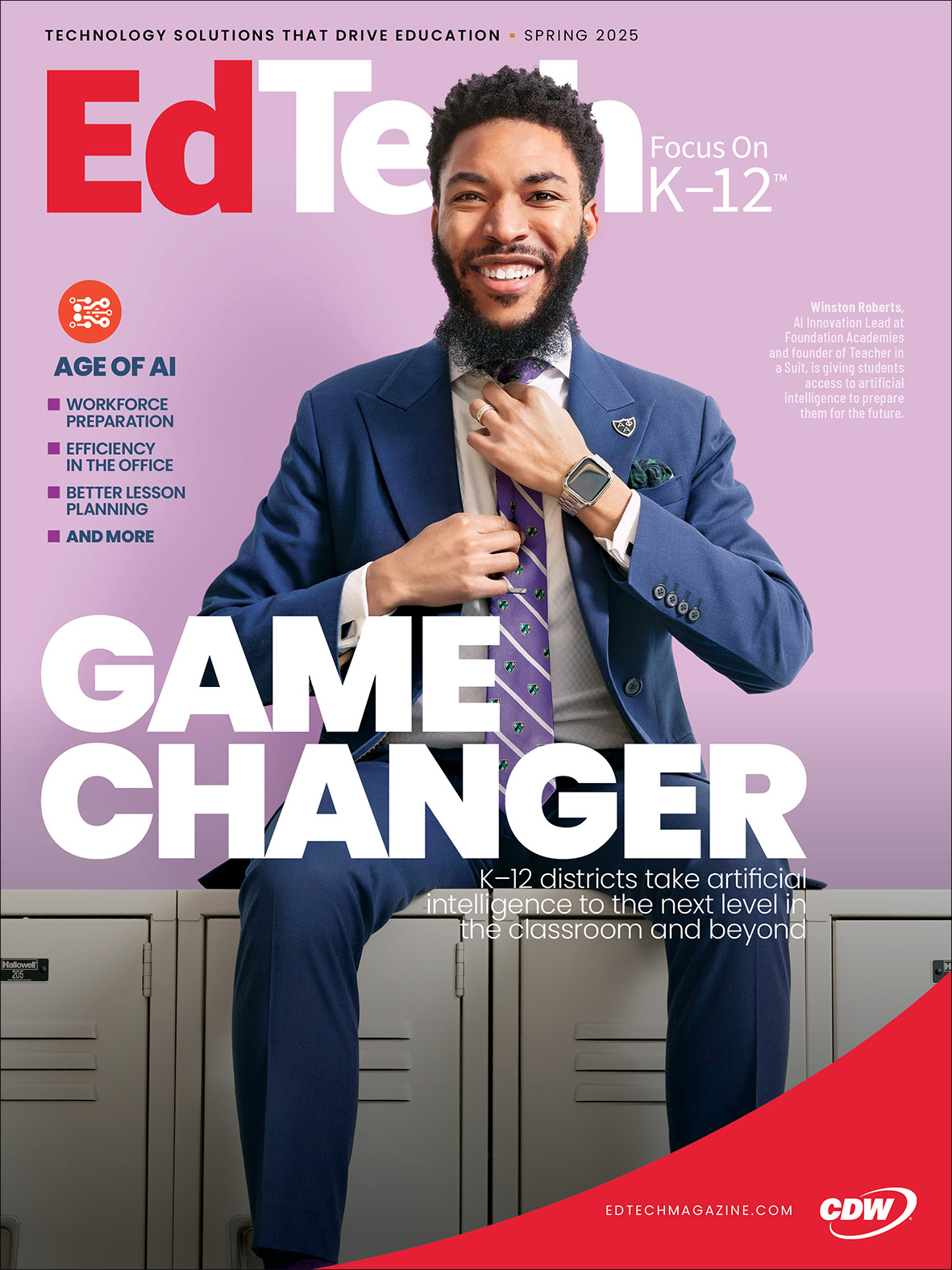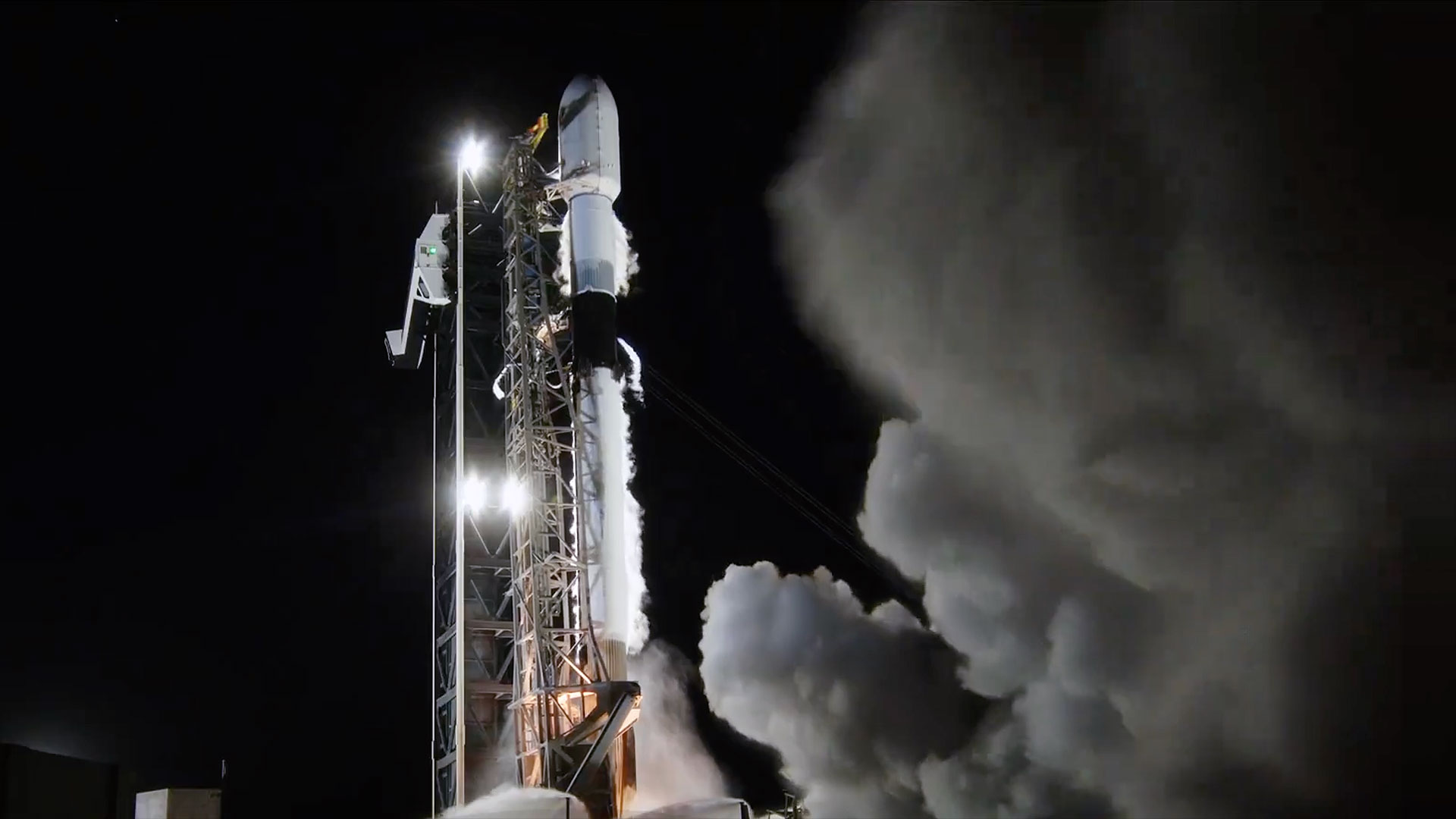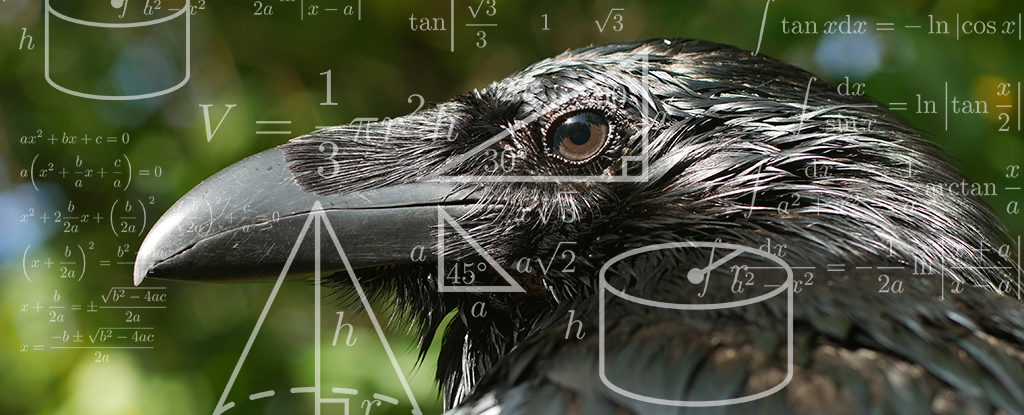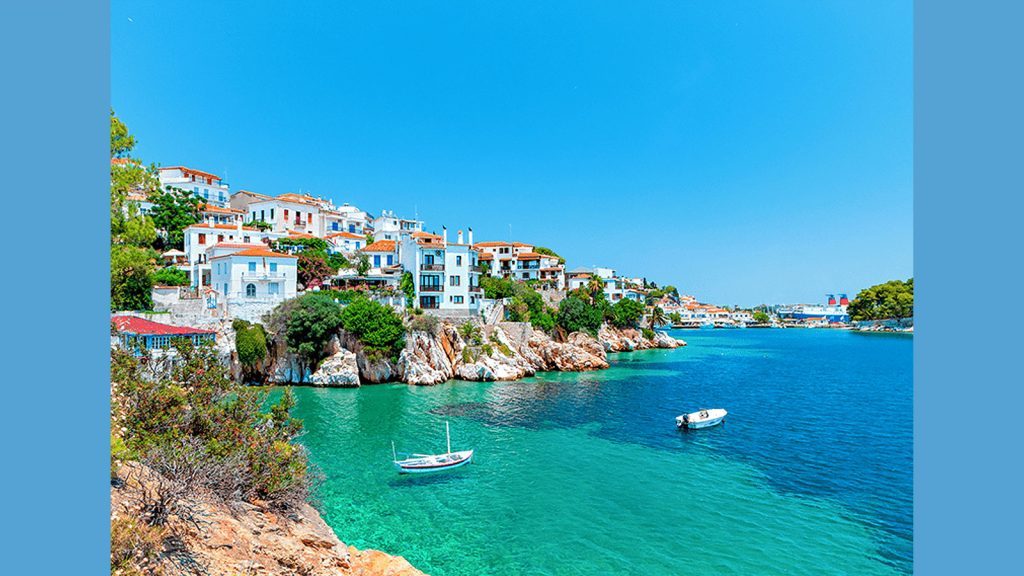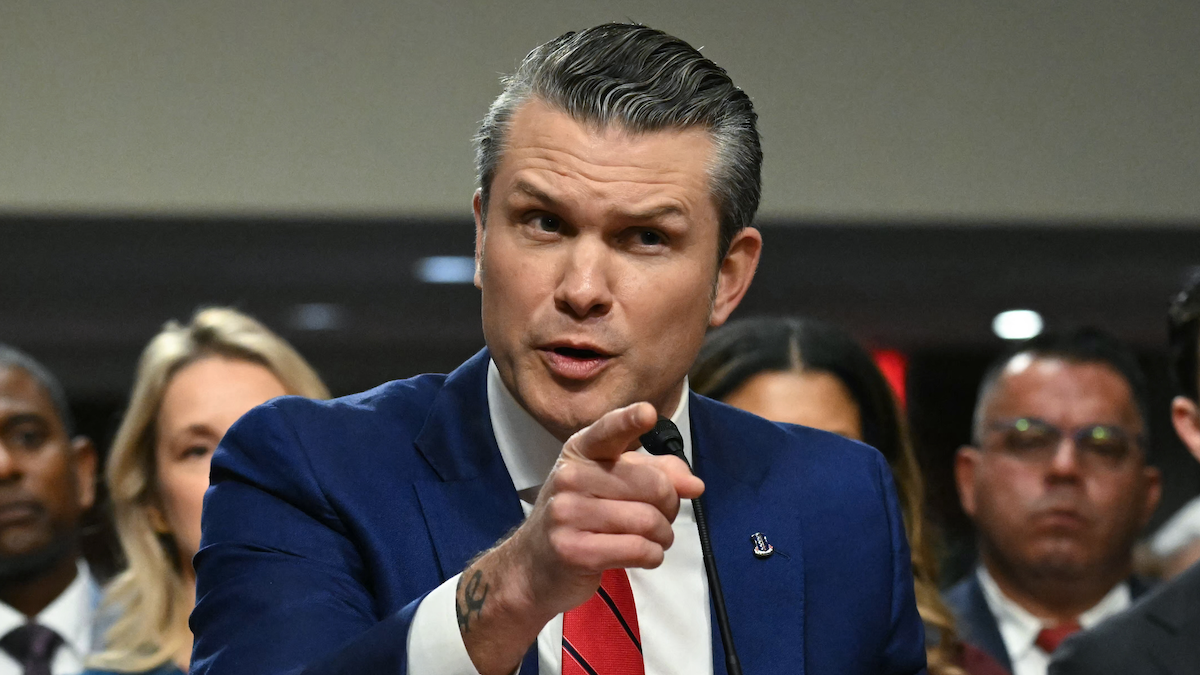The CityDNA International Conference 2025 inspires a bold rethink of the visitor economy
CityDNA 2025 in Budapest united 250+ leaders to drive tourism transformation, sustainability, and community-focused destination management across Europe. The article The CityDNA International Conference 2025 inspires a bold rethink of the visitor economy first appeared in TravelDailyNews International.


Held from April 9 to 11, 2025, in the heart of Hungary’s vibrant capital, the City Destinations Alliance (CityDNA) International Conference & General Assembly brought together over 250 tourism leaders, destination experts and changemakers from across Europe to explore how cities can drive business transformation through the visitor economy. Under the theme “Beyond Boundaries: Driving Tourism’s Business Transformation”, the conference, hosted in collaboration with Budapest Brand, offered a dynamic programme of thought leadership, data-driven insights, and cross-sector collaboration – reflecting the increasing need for convergence within European cities.
Rethinking Urban Tourism for a Changing World
Opening the conference, CityDNA President Barbara Jamison-Woods set the tone: “We need to expand our role as DMOs – not only marketing our cities but managing them as thriving, inclusive, and resilient places for visitors and residents alike.”
This call for transformation echoed across the sessions, starting with a forward-looking conversation between Barbara Jamison-Woods and Dr Eduardo Santander (European Travel Commission) on Europe’s competitiveness in a rapidly evolving global tourism landscape. Their message was clear: Europe’s future success will depend on its ability to balance growth with sustainability, accessibility, technology adoption, investment, and resident well-being. If a city considers these then that will build the soft power and resilience needed during uncertain times,
each influencing one and other.
Advocacy and Influence
The European Commissioner for Sustainable Transport and Tourism, Apostolos Tzitzikostas, shared a video message with CityDNA. His intervention sent a clear signal: DMOs are central to the European Commission’s upcoming Sustainable Tourism Strategy.
He highlighted the role of DMOs in strengthening cooperation with local authorities, supporting SMEs, managing visitor flows more intelligently, and advancing fairer, greener, and more competitive tourism across Europe.
Barbara Jamison-Woods commented: “This is a strong recognition of the strategic role played by CityDNA in the Tourism Transition Pathway. We now have a unique opportunity for our industry to co-design the future of tourism. The Commissioner’s message directly supports CityDNA’s role as a trusted advocate for city DMOs at the European level, and we look forward to deepening this collaboration on behalf of our members.”
From Data to Investment, Sustainability to AI: Breaking Silos for Impact
Sessions throughout the conference connected analysis with action, highlighting the need for DMOs to work across sectors and disciplines.
The exclusive first insights from the City Travel Report 2024-2025, presented by Dr Bozana Zekan (Modul University Vienna), confirmed the robust recovery of city tourism, while highlighting shifting travel behaviours, regional growth patterns, and the importance of targeting quality over quantity.
Innovative financing mechanisms were explored by Dariha Choudhry of McKinsey & Company, highlighting the importance of long-term investment strategies to close the infrastructure and sustainability gap many destinations face today.
High-value, responsible travel markets also gained attention, with Miles Partnership experts Chris Adams and Andria Godfrey emphasising the need to rethink audience targeting and engagement to attract visitors who contribute positively to the local economy and community fabric.
On the technological front, Sam Beni of Platin Ventures underscored how AI is reshaping destination management, not simply as a tool for optimisation, but as a strategic asset for smarter governance, personalised visitor journeys, and city-wide innovation.
Tourism with Purpose: People, Place, and Planet at the Core
Many sessions reinforced a shared vision of tourism that delivers meaningful value for local communities.
Norbert Kettner (Vienna Tourist Board) shared how Vienna’s Visitor Economy Strategy positions tourism as a positive force for urban life, while the results of the CityDNA Sustainability Survey 2025, a collaboration between the CityDNA Sustainability and Research & Insights Knowledge Groups, and presented by Katarina Thorstensson from Göteborg & Co, highlighted both progress and challenges in embedding sustainability into DMO operations.
From incentive travel (Padraic Gilligan, SoolNua) to place branding strategies (Fabrice Bernard, Lausanne City and Lionel Flasseur, One Provence), and from reimagining events (Hannes Schwarm, VOK DAMS) to the resident-first philosophy championed by Doug Lansky, the conference sessions demonstrated a growing consensus: tourism must be rooted in people and place.
VivaCITY in Action: Exploring Tourism’s Role in Shaping Authentic Cities
The keynote session, “Business Without Boundaries? Try Tourism Without Blinkers!”, co-moderated by Frank Cuypers and Elke Dens and supported by Simpleview, invited participants to reflect on how tourism can move beyond marketing to become a catalyst for meaningful urban transformation.
Part of the VivaCITY initiative – a project designed to coach and transform DMOs into futureproof organisations through the development of holistic, concise, and tangible transformation strategies – the session showcased how participating cities are navigating complexity with strategic clarity and community engagement at their core.
Drawing on examples from Visit Gdańsk, City of Helsinki, Turismo Torino e Provincia, and Lausanne Tourism, the session explored how DMOs can better engage residents, foster alignment with city stakeholders, and use data not just to promote destinations – but to shape them. Speakers discussed how tourism strategies rooted in local identity and community participation can help cities navigate complex challenges, avoid the risks of destination uniformity, and create places that visitors and locals value equally.
Preparing for an Uncertain Future
Climate adaptation, reputation management, and community engagement were at the heart of the closing sessions.
From future tourism scenarios presented by the CityDNA Trend Room Knowledge Group with support from European Tourism Futures Institute to the Ipsos/Resonance research on city reputation, to discussions on over-tourism management and local engagement, the conference offered practical ideas for navigating uncertainty.
The event concluded with an inspiring CEO panel reflecting on tourism’s role as a driver of social impact – featuring leaders from Budapest Brand (Csaba Faix), Ljubljana Tourism (Petra Stušek), VisitAarhus(Pia Lange Christensen), and Visit Hungary (Olivér Csendes).
The conference was moderated by Chris Fair from Resonance, ensuring engaging and productive discussions among the participants.
Participants got the chance to hear from members and destinations (VisitAarhus, Stad Antwerpen, Budapest Brand, Destination Canada, Visit Gdansk, Göteborg & Co, Visit Hungary, City of Helsinki, Lausanne City, Lausanne Tourism, Ljubljana Tourism, Paris Region Council, One Provence, VisitScotland, Visit Sweden, Turismo Torino e Provincia, Vienna Tourist Board…) as well as CityDNA partners and collaborators (ETFI, European Travel Commission, Mabrian Technologies, Miles Partnership, Modul University Vienna, Place Generation, The Data Appeal Company…) and companies and universities (Centre for Sustainability, Tourism and Transport (CSTT), InHolland University, IPSOS, McKinsey & Company, Resonance, SoolNua, Spotted by Locals, STR, Sustainable Travel International, Toronto Metropolitan University, Tourism Economics, VOK DAMS Strategic Solutions…).
Peer Learning in Action: CVB Café Closes the Conference with Energy and Insight
An enhanced Business Tourism track throughout the conference ended with a dynamic session run by the CityDNA CVB Knowledge Group. Designed as a peer-led, interactive session, the CVB Café encouraged participants to share experiences and practical solutions.
The format enabled open and lively discussions around key industry themes such as AI and innovation, staffing and funding challenges, sustainability and risk-sharing, and destination legacy and success. The session was widely appreciated for its depth, energy, and collaborative spirit – confirming the value of informal yet structured peer learning as a cornerstone of the CityDNA community.
A Celebration of Community and Resilience in Budapest
As the largest CityDNA conference ever held, Budapest 2025 was also deeply marked by the exceptional context of its host city. With Budapest Brand set to close its operations later this month, the conference became not only a platform for professional exchange but also a moment of recognition and gratitude.
“Budapest 2025 captured exactly what our alliance stands for,” said Barbara Jamison-Woods. “This was a conference not only of ideas, but of people who care deeply about the future of their cities and the well-being of their communities. I am truly grateful to work with amazing colleagues to help shape the strategic direction of CityDNA and for the expertise of our members who co-create the future of urban tourism. At a time when our hosts in Budapest are facing significant institutional challenges, their generosity, professionalism, and warmth were extraordinary. We are incredibly grateful to the Budapest Brand team for opening their city and their hearts to us. The spirit of connection and collaboration we experienced here will resonate far beyond this moment. Our alliance has the power to unite, to regenerate, and to inspire – and that’s exactly what we witnessed in Budapest.”
Csaba Faix, CEO of Budapest Brand, added: “Hosting the CityDNA International Conference in Budapest was much more than an event for us -it was a powerful reminder of what makes this community so special. In a world where city tourism is often viewed only through numbers or marketing campaigns, this conference was about people – those who visit and those who call our cities home. We were proud to welcome Europe’s destination leaders to Budapest, not just to exchange ideas, but to share challenges, show vulnerability, and strengthen a sense of community that goes far beyond business. Tourism is ultimately about creating places where everyone – residents and visitors alike – can feel they belong. And that is the future we must continue to build together.”
The next CityDNA Autumn Conference is set to take place in Tórshavn, Faroe Islands on September 30-October 2, 2025, where members will continue to explore innovative, regenerative, and future-ready approaches to urban tourism and destination management.
The article The CityDNA International Conference 2025 inspires a bold rethink of the visitor economy first appeared in TravelDailyNews International.




































